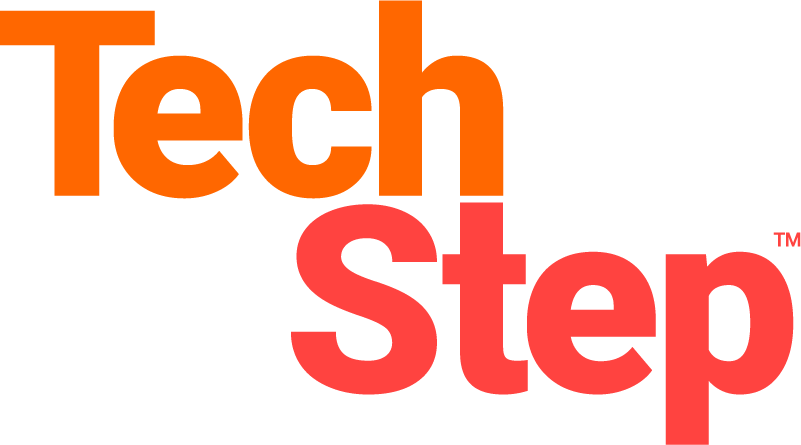Quality Assurance
The process of ensuring that a product or service meets the desired quality standards. Opportunities in quality assurance include roles such as QA engineers, software testers, and quality assurance analysts.
Quality Assurance Analyst
Quality Assurance Analysts are responsible for testing software applications to ensure they meet quality standards. They design test plans, execute test cases, report and track defects, and collaborate with developers and stakeholders to ensure the delivery of high-quality software.
Soft Skills:
Attention to detail, analytical thinking, teamwork.
Hard Skills:
Knowledge of testing methodologies, test planning and execution, defect tracking systems, understanding of software development lifecycle.
Personality Traits:
Methodical, detail-oriented, good at problem-solving.
Test Automation Engineer
Test Automation Engineers develop and maintain automated test scripts and frameworks to streamline the testing process. They use tools and technologies to automate repetitive tasks, conduct regression tests, and ensure the reliability and efficiency of software testing.
Soft Skills:
Problem-solving, attention to detail, collaboration.
Hard Skills:
Proficiency in test automation tools (e.g., Selenium, Appium), scripting languages (e.g., Python, Java), understanding of software testing principles and methodologies.
Personality Traits:
Analytical, innovative, collaborative.
Performance Test Engineer
Performance Test Engineers focus on assessing the performance and scalability of software applications. They design and execute performance tests, analyze results, identify bottlenecks, and make recommendations to optimize system performance.
Soft Skills:
Analytical thinking, attention to detail, communication.
Hard Skills:
Proficiency in performance testing tools (e.g., JMeter, LoadRunner), understanding of performance testing methodologies, knowledge of web protocols (e.g., HTTP, TCP/IP), data analysis.
Personality Traits:
Detail-oriented, systematic, good at troubleshooting.
Security Test Analyst
Security Test Analysts assess the security vulnerabilities of software applications and systems. They conduct security tests, penetration testing, and vulnerability assessments to identify potential risks and recommend security measures to mitigate them.
Soft Skills:
Analytical thinking, communication, ethical mindset.
Hard Skills:
Knowledge of security testing tools and methodologies, understanding of common security vulnerabilities, familiarity with industry standards and regulations (e.g., OWASP, GDPR), ability to perform risk assessments.
Personality Traits:
Detail-oriented, ethical, proactive.
User Acceptance Testing (UAT) Analyst
UAT Analysts focus on testing software from an end-user perspective to ensure it meets business requirements. They collaborate with stakeholders, define UAT scenarios, execute tests, and provide feedback on the software’s usability and compliance with user expectations.
Soft Skills:
Communication, attention to detail, teamwork.
Hard Skills:
Understanding of business requirements and user workflows, test case development, bug tracking, ability to communicate effectively with stakeholders.
Personality Traits:
User-focused, patient, good at providing constructive feedback.

